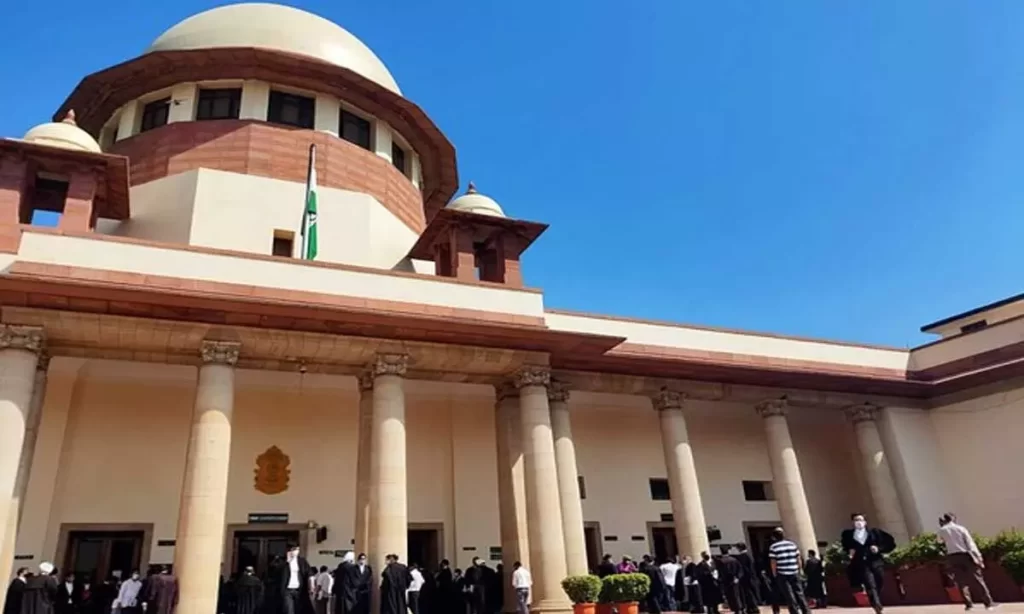Rudraksh Saxena
The Supreme Court on May 19th, 2025 (Monday) held that all retired High Court judges are entitled to full and equal pension, irrespective of their date of retirement, source of appointment, or length of tenure. The Court invoked the principle of “One Rank, One Pension” to eliminate longstanding disparities in post-retirement benefits among judges. This judgement aims at reinforcing parity and dignity in judicial service.
A Constitution Bench comprising Chief Justice of India D.Y. Chandrachud, and Justices A.G. Masih and K. Vinod Chandran delivered the verdict in a suo motu matter concerning the refixation of pension for retired High Court judges. The judgment also disposed of connected writ petitions filed by former members of the judiciary.
The Court ordered the Union of India to establish a unified pension plan, paying retired Chief Justices ₹15 lakh a year and other retired High Court judges, including extra justices, ₹13.5 lakh annually. Crucially, the Bench clarified that pension benefits cannot be contingent upon whether a judge was appointed from the Bar or the subordinate judiciary, nor upon the duration of service rendered prior to retirement.
Rejecting the notion that breaks in service between judicial posts can justify lower pension entitlements, the Court observed that such interruptions must not prejudice retiral benefits. In cases where retired High Court judges had earlier served as District Judges under the New Pension Scheme (NPS), the Court directed that full pension be paid, and further mandated the refund of contributions made by such judges to the NPS, along with accrued returns, by the respective State governments.
The Bench further held that widows or family members of judges who died in harness whether as permanent or additional judges are entitled to family pension and gratuity. It ordered that allowances such as leave encashment, provident fund, and pension commutation be disbursed in accordance with the High Court Judges (Salaries and Conditions of Service) Act, 1954.
“There can be no discrimination in pensions based on the source of entry or nature of appointment. Once a judge assumes constitutional office, equal treatment in retirement benefits is imperative to preserve judicial independence,” CJI Gavai stated while pronouncing the verdict.
Case Name: In Re. Refixation Of Pension Considering Service Period In District Judiciary And High Court, and Connected Cases
Case Number: SMW(C) No. 4/2024
Bench: Chief Justice of India D.Y. Chandrachud, and Justices A.G. Masih and K. Vinod Chandran
Click here to access the order
Instagram: Click here
LinkedIn: Click here
For Collaboration and Business: info.desikaanoon@gmail.com

